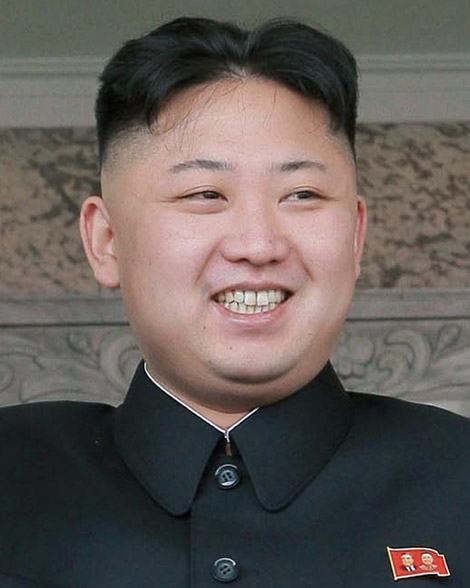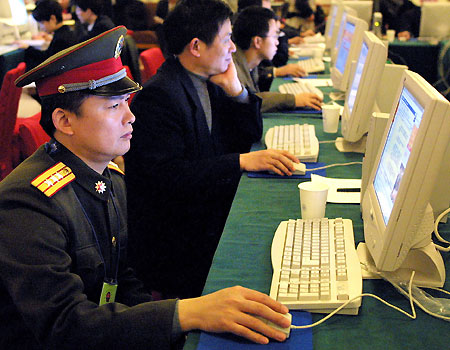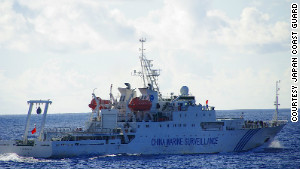Pinij Jarusombat, a key advocate of Thai-Chinese economic
and social relations, has pledged to get the lucrative edible bird's nests
exports to China back on track after the 14-billion baht industry was hit by
Beijing’s tougher regulations on imports.
The chairman of the Thai-Chinese Cultural and Economic Association (TCCEA),
said the two nations had a long, close and brother-like relationship and the
problem relating to the country’s bird’s nest exports should not be viewed as
too big to handle.
He said he was confident that the issue was negotiable and Bangkok and
Beijing could find a mutually-agreed solution to the matter. However, he
admitted the process could take some time.
Thai exporters are required to have a
Veterinary Health Certificate issued by the Department of
Livestock Development and documents to certify the source of the nests and to
prove their products have been collected from registered bird’s nest caves
before the delicacy is allowed to enter the republic.
(the story continues below)

Photo by Amnart Thongdee
The crackdown came after China’s product safety watchdog detected harmful
substances including nitrite and heavy metals in bird's nest products imported
from Malaysia and Hong Kong in late 2011.
Mr Pinij met with concerned authorities, Chinese investors and
representatives from companies that hold concessions to collect birds' nests in
Chumphon province on Wednesday to find a solution to the problem.
The concession holders were from nine provinces including Prachuap Khiri
Khan, Chumphon, Surat Thani, Phatthalung, Krabi, Trang, Phangnga, Satun and
Trat.
To produce an ad hoc solution to the problem, Chinese investors were invited
to the meeting to directly buy bird’s nest products from local producers, Mr
Pinij said.
The Livestock Development Department has so far registered 91 caves which
have rich, quality bird’s nest yields in nine provinces and three bird’s nest
depository and trade centres, said Kitikorn Janepaiboon, director of the 8th
Region Livestock Development Office’s quality control of livestock products.
The department would soon deploy
veterinarians to the centres to carry out inspections on all
edible bird's nests before issuing the Veterinary Health
Certificate, he said.
Thailand produces 18 tonnes of bird’s nests every year worth more than 14
billion baht in trade value. Most of the products were previously exported to
China. The exporters are struggling to release their stocks. They also
complained the price had fallen from 23,000 baht per kilo to 15,000 baht.






 Photo by Amnart Thongdee
Photo by Amnart Thongdee





